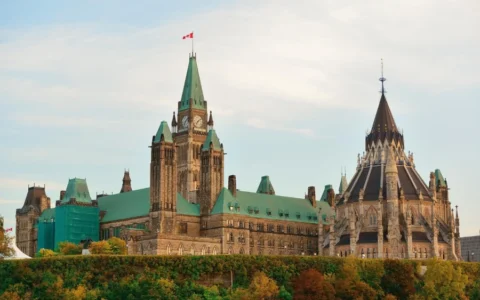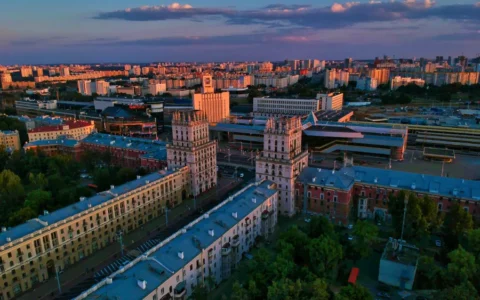Qatar has taken a major step to attract international investors by introducing a fast-track real estate residency initiative. Under the new framework, foreign nationals who purchase property in approved zones will now receive both a property title deed and a residency visa within days of completing their investment.
Key Details of the New Policy
According to Qatar’s Real Estate Regulatory Authority (RERA), the update was introduced in coordination with the Ministries of Interior and Justice to streamline property-linked residency processing.
- Minimum investment: around US $200,000 (≈ QAR 730,000) in designated freehold or leasehold zones qualifies for the fast-track title + residency pathway.
- Premium tier: an investment of roughly US $1 million (≈ QAR 3.65 million) provides access to a permanent residency category offering expanded long-term benefits.
- Processing time: residency permits and title deeds will now be issued “within days” of property registration, rather than weeks or months.
A Regional Shift Toward Speed and Accessibility
This announcement places Qatar among the most competitive Gulf jurisdictions for investor residency. The initiative aligns with the country’s broader economic-diversification strategy, which aims to attract global investors, professionals, and entrepreneurs through simplified residency routes tied to tangible real-estate assets.
The new process also reflects a growing regional race for investor migration. Across the Gulf, countries such as the UAE, Saudi Arabia, and Oman have recently expanded or simplified their own golden-residency programs. Qatar’s entry, with its comparatively modest investment threshold and ultra-fast processing, sets a new benchmark for speed and clarity in the Gulf’s investor-migration landscape.
Investment-Residency Landscape Across the Gulf
Across the Gulf, investor residency routes differ by investment threshold and structure. In the United Arab Emirates (UAE), property investors can qualify for a 10-year Golden Visa by purchasing real estate worth at least AED 2 million (approximately US$545,000). For Oman, in September 2025 the government introduced a 10-year Golden Residency program that requires a minimum investment of OMR 200,000 (about US$520,000) in one of several approved routes, including real estate, company formation, bonds, or stock. Meanwhile, Saudi Arabia offers its Premium Residency through fee-based or investment-based tracks, including an unlimited-duration option with a one-time fee of SAR 800,000. These varying models highlight the evolving migration investment landscape across the GCC.
Against this backdrop, Qatar’s update links residency to approved-zone real estate from about US$200,000, with title deed and residency targeted within days of purchase. How competitive Qatar proves will depend on final implementation details such as eligible zones, family inclusion, document flow and renewal mechanics, which are highlighted in current reporting.
Looking Ahead
Qatar’s introduction of a rapid property-linked residency process signals its intent to compete more directly within the Gulf’s investor-residency space. The streamlined issuance of title deeds and residency permits within days reflects an administrative shift toward efficiency and openness. In the coming months, clarity on implementation such as eligible developments, renewal terms, and family inclusion will determine how the program performs in practice. As the region continues to diversify its economic entry routes for investors, Qatar’s approach may serve as a key test case for how policy agility can influence investor mobility in the Gulf.






